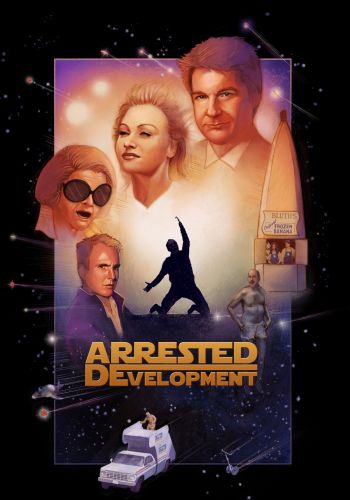I am writing a song in honor of all extinct animals. It is important to honor the dead. It is my duty as a citizen of Earth to honor all of its citizens... past, present, and future. Here are the playful and loving lyrics to it. I need help writing a playful-yet-mournful melody to it. Who wants to help?
I'm sorry, I heard about about your tragic and cold fate,

I just saw your stuffed stiff body over at the London Tate.
Was your pretty curved beak hunted or did it cause you a pretty mate?
The Seventeenth century was long ago, I couldn't help, I came far too late.
Tassy,
Tasmanian Tiger with the widest grin a foot from nose to chin,
Was it the Aussie dogs always hunting and barking that finally did you in?
1936 was a sad year to go, FDR's second term, oh did you see him win?
Your pretty black stripes are gone now, they hunted you down, they would not listen.
Pretty beasts of the pasts,
I know you don't know who I am,
but, oh, how I know you.
If the world could just give me a chance,
to bring you back,
to let you see what I can do!
T-rex,
Giant teeth and legs, King of all lizards to this very day,
Like many others as a little boy, to you I'd sing and play,
But the great meteor came and showered you in the flame,
If you were alive now, would you watch over me, obedient and tame?
Panda,
I know you're still alive but I can't look at you and lie,
Your kingdom is dwindling, bamboo is scarce, and soon you're going to die.
It's up to the San Diego Zoo and little Su Lin to give your race a try,
Black and white, so cute and shy, oh please, oh please, don't go for the world will surely cry.
Pretty beasts of the pasts,
I know you don't know who I am,
but, oh, how I know you.
If the world could just give me a chance,
to bring you back,
to let you see how I can love you...
Kiwi, you're breaking my heart, not you too!

-jc del barco ii
likes dead things/likes animals/doesn't feel like going out on a Saturday night.



